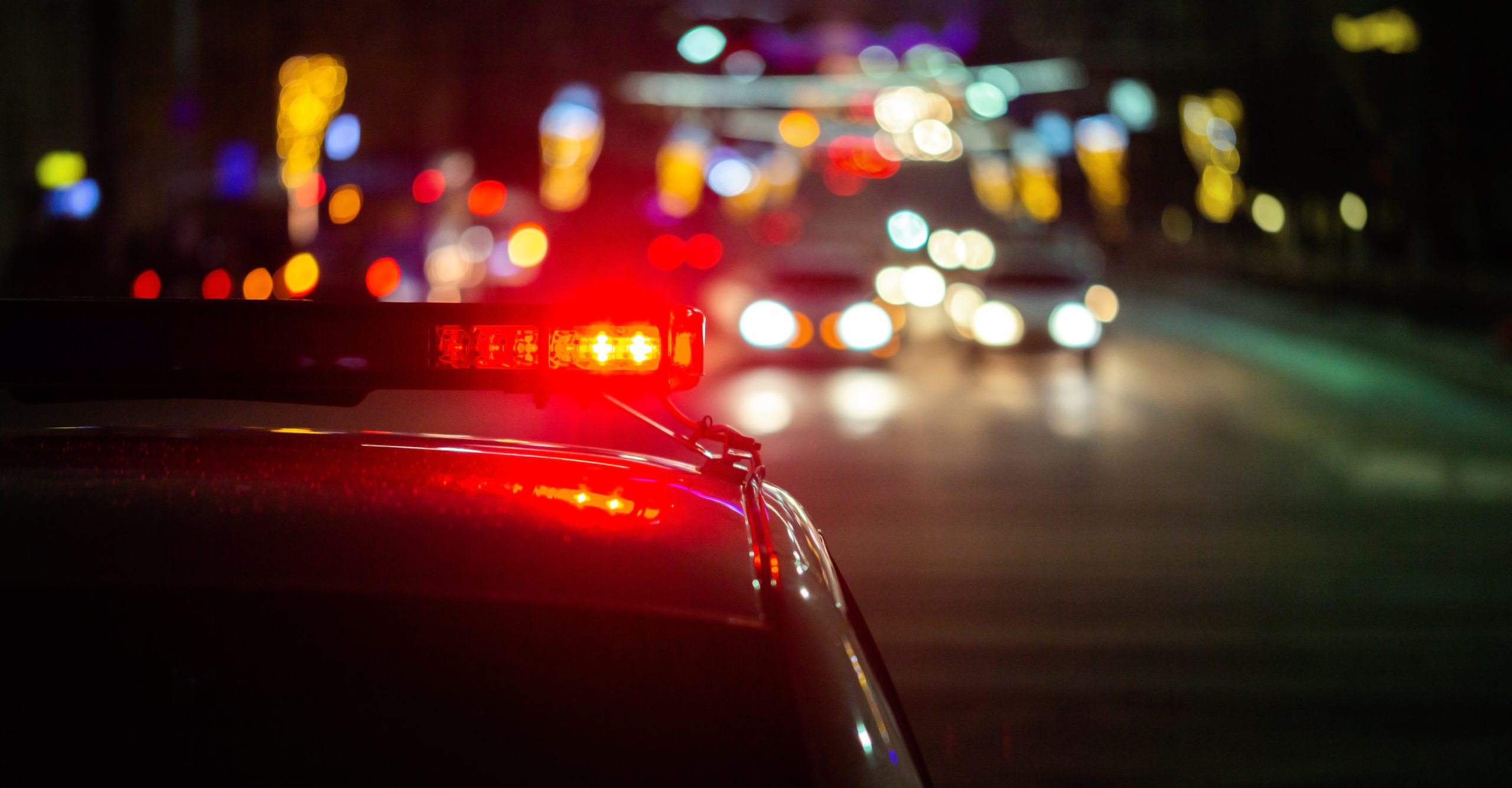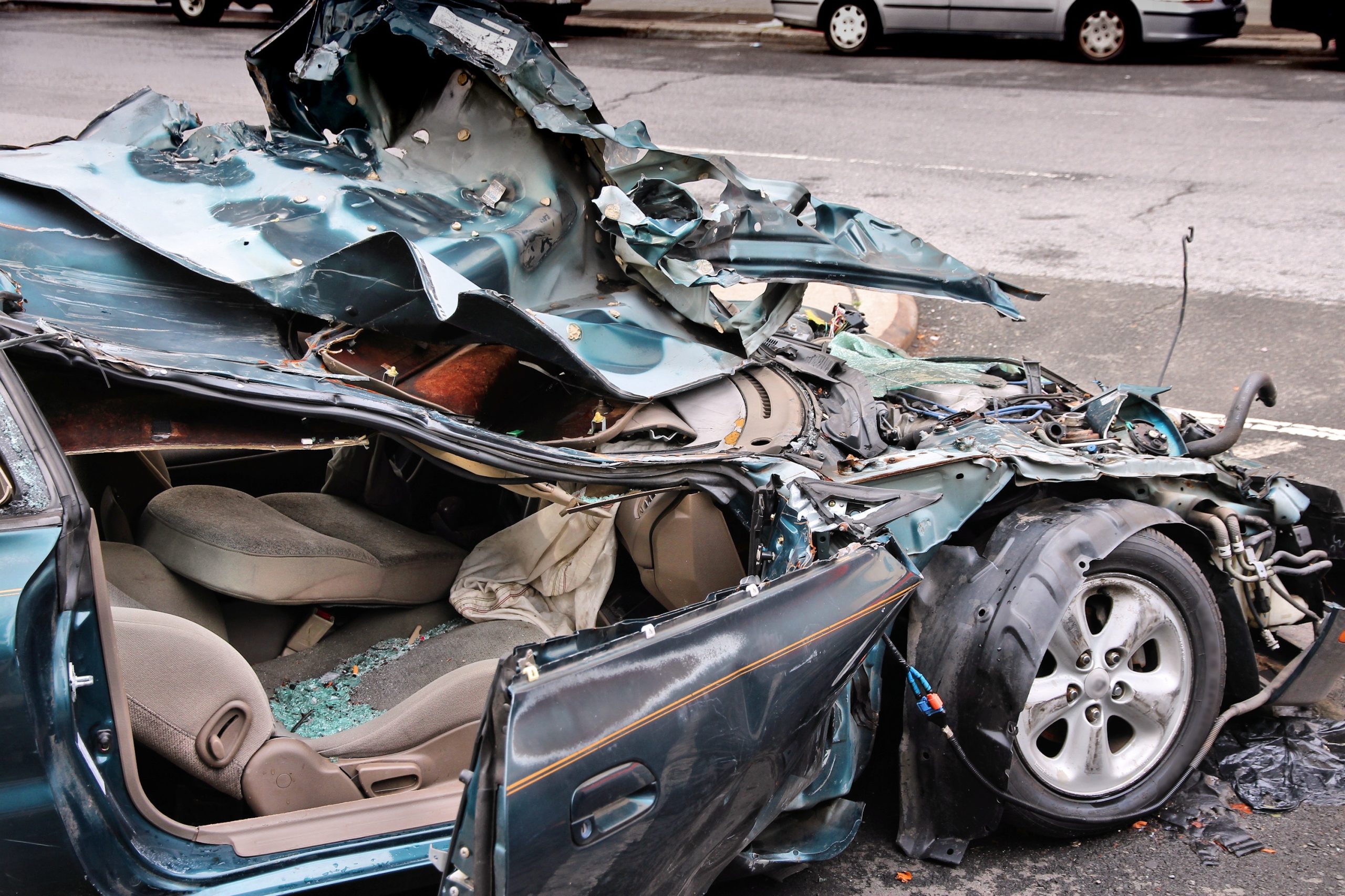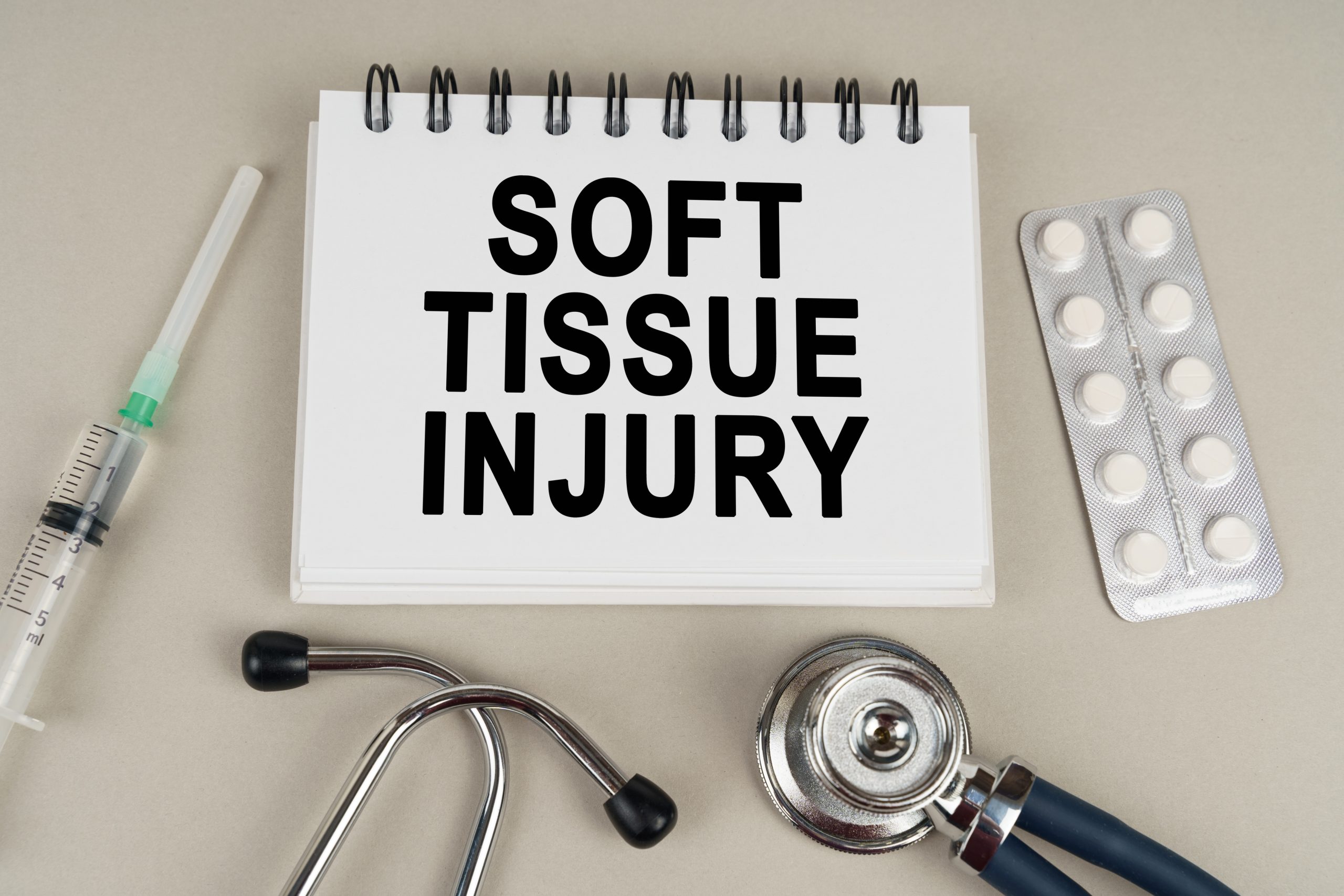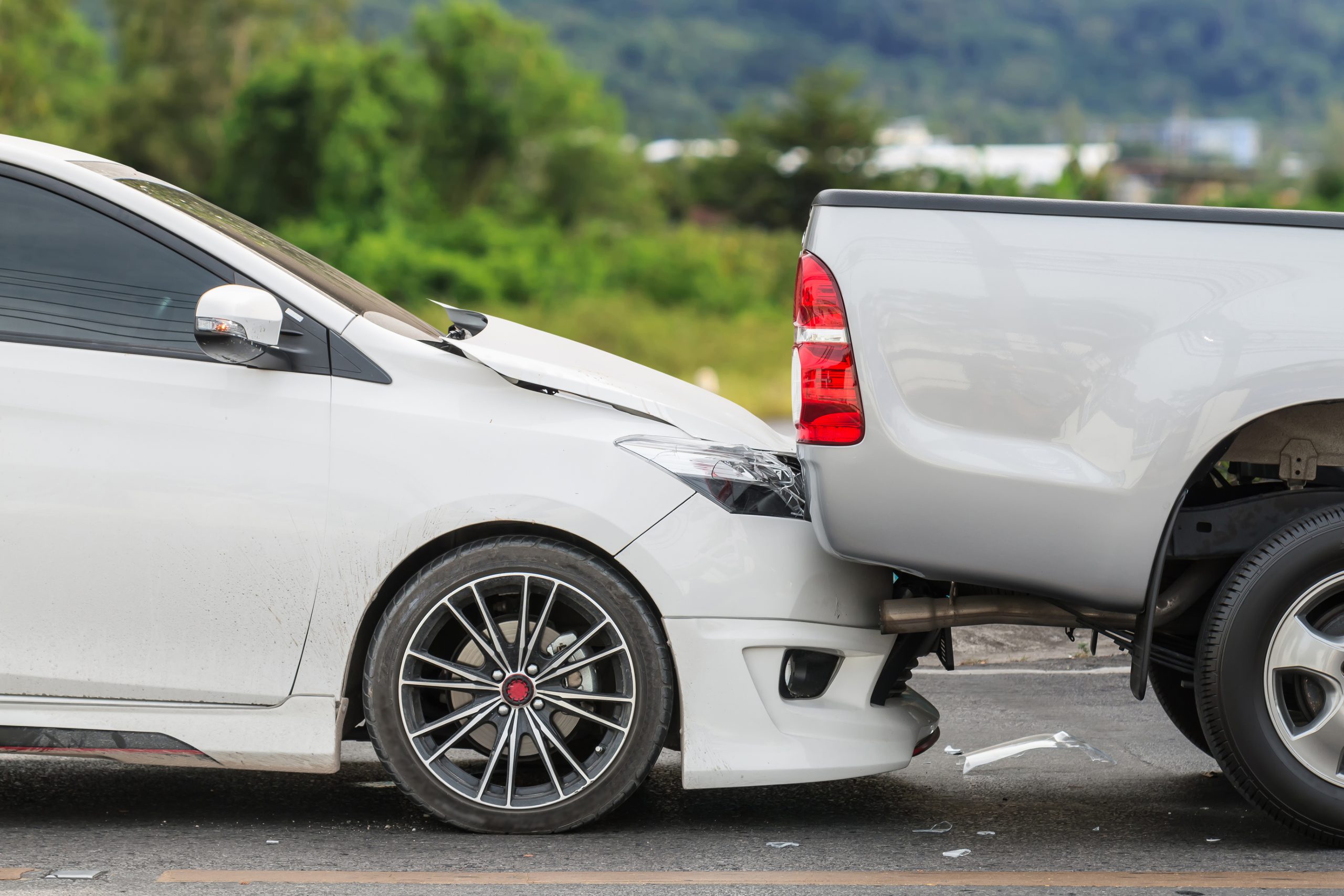When you are hit by a drunk driver, you may be eligible to pursue financial restitution for your harms and losses . Recoverable damages may include reasonable compensation for your medical bills, lost income, property damage, and pain and suffering. The amount that may be recovered is typically determined by these factors and how the injuries you suffered negatively impacted your life. A victim of a drunk driving accident can also pursue punitive damages, which can be imposed as a way to punish and deter bad conduct by motorists.
Legal Options for Accidents Caused by Drunk Drivers
After a collision with an impaired motorist, there are several ways you could try to obtain monetary compensation for damages. The right choice will depend on factors including your state’s rules and the extent of your harms and losses. Here are some of the different approaches to resolving your case accident with a drunk driver case:
Make a Claim With Your Own Insurer
Your own insurance company could sometimes foot the bill if you were involved in an accident with a drunk driver. Getting compensation from your insurer could be an appropriate option in the following situations:
- If you live in a “no-fault” state and your injuries were not serious. In no-fault states, you generally recover compensation for medical bills and lost wages from your own insurer when injuries were minor. This is true regardless of who was to blame for the accident. You can only take legal action against the other driver once injuries exceed a certain level of severity.
- If you were at fault for the collision. Although driving drunk is illegal, that does not always mean the intoxicated driver is to blame for every accident. If you caused the crash and the other driver just happened to be drunk, that would not mean the impaired motorist must pay for your losses. You would need to see what coverage your own insurer would provide. If you have MedPay coverage, for example, your insurer might cover your medical bills.
- If the drunk driver had no insurance or too little coverage. In these circumstances, your own insurer could pay out if you have underinsured or uninsured motorist coverage.
Settle Your Case
If the drunk driver is to blame for the accident, settling your claim out of court could enable you to recover compensation without filing a lawsuit. If the drunk driver’s insurer accepts fault and offers you a lump sum payment, you could decide to accept and forego any future claims. A lawyer can help you to negotiate a fair settlement, so do not assume you must accept the first offer the impaired driver’s insurer makes. And remember, a settlement means giving up your right to sue so make sure the compensation fully covers all of your harms and losses before accepting.
File a Lawsuit Against the Impaired Driver
If you cannot resolve your claim with an out-of-court settlement, you may need to file a lawsuit and prove your case in court. If you can successfully prove the drunk driver harmed you and can prove the number of damages you sustained, you should be awarded compensation to “make you whole” for the accident. Remember, though, the impaired driver’s insurer will only pay compensation up to the policy limits. If you are awarded more money above-and-beyond the available insurance coverage, you may have to try to collect directly from the impaired driver. This can often be a challenge.
File a Lawsuit Under Dram Shop Laws
In some cases, establishments that serve alcohol to impaired drivers can be held legally liable (under the Dram Shop Law) if the intoxicated motorist causes a crash after leaving their establishment. This means you could potentially pursue a claim against a bar or restaurant that served drinks to the person who caused your collision. A DUI accident lawyer can help you to determine if this is an option in your case.
Victim Restitution vs. Civil DUI Lawsuits
If the drunk driver is convicted, the court will order the driver to pay victim restitution. The purpose of restitution is for offenders to repay victims for financial losses related to their crimes. In most cases, judges cannot order restitution for non-economic losses like pain and suffering, though judges routinely order offenders to pay for the cost of a victim’s counseling. Offenders make restitution payments to a county or state agency and then the agency pays you. If an offender willfully fails to pay restitution, the offender can be sent to jail or prison for violating probation or parole. Unlike a criminal prosecution, you decide whether to bring a civil claim against the drunk driver.
Civil damages include all the economic damages that you can recover through a victim restitution order and non-economic damages like pain and suffering. In most states, you might even be able to get punitive damages if you go to trial and win. You can pursue both victim restitution and a civil claim, but you are only entitled to be compensated once for your harms and losses.
Will I Be Awarded Punitive Damages?
It depends. If you were injured by a drunk driver, the judge or jury may award you punitive damages. Punitive damages differ from the compensatory damages you will receive for the physical harm and financial loss you suffer. Punitive damages are not intended to reimburse you for your harms and losses, but instead are awarded by judges and juries as a means of punishing a wrongdoer, such as a drunk driver. If awarded, punitive damages will be in addition to any compensatory damages you receive.
Do I Need To Hire a Lawyer?
If you were injured in a DUI crash, you are not required to hire a lawyer. You can represent yourself in negotiations with insurance adjusters and in civil court. But a lawyer can help you get the best possible outcome in your case and minimize the stress and hassle of navigating the criminal and civil legal systems during a difficult time in your life.



